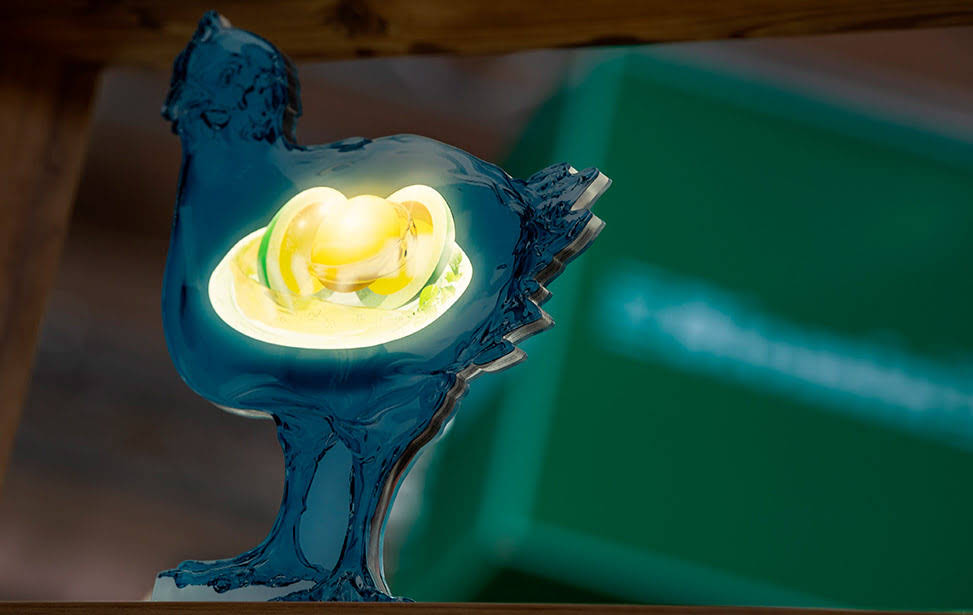- English

Dr. Christiane Keppler, Landesbetrieb Landwirtschaft Hessen (LLH – Hesse State Framing Authority), Germany intact beak; phasing out chick-culling; in-ovo sex determination.
Today poultry farming continues to face many challenges. These include a significant improvement in biosecurity due to the increasing incidence of avian influenza (bird flu), a marked improvement in animal welfare and animal health demanded by society and politicians, and a substantial reduction in antibiotic consumption and emissions to air and soil. In addition, the operating companies are burdened by the current developments in feed and energy prices due to the Ukraine war and the long drought. Challenges always require new developments and innovations, which will be presented and discussed at EuroTier 2022.
In laying hen farming, considerable efforts have been made to raise the birds with an intact beak and at the same time to improve animal welfare. In addition, phasing out chick-killing requires the development of different methods for in ovo sex determination, which must be further developed and put into practice. At the same time, a completely new use for the industry was established, namely the rearing of brother cocks. In order to compensate for the high rearing costs, laying hens are kept significantly longer today and in the future, which can be achieved on the part of the breeding companies by breeding for longer laying persistence on the one hand and by a significant improvement in management on the other.
In conventional broiler and turkey farming, a clear minimisation of antibiotic use is required. This can be achieved, among other things, through improved brood hygiene and management, but requires sound, fast diagnostic tools. Here, digitalisation in the barn can support continuous monitoring of climate, light and feed and water consumption, but also of growth and animal behaviour. In addition, a targeted examination of the intestine’s microbiome and feed additives can sustainably strengthen intestinal health.
Automatic litter techniques have now been developed for all poultry species and help to significantly improve animal welfare as well as biosecurity. In the future, digitalisation and automation will also help to compensate for the labour shortage that is already prevalent and contribute to reducing emissions from livestock farming. The trends shown are also reflected in the innovations in the poultry sector at EuroTier 2022. In addition to innovative further developments in sex determination in the egg, brood hygiene or automation, the exhibitors will also present techniques for distributing litter in the barn as well as digital applications for animal monitoring. Many of the topics addressed will also be discussed in forums and conferences at EuroTier 2022, bringing visitors up to date on the latest developments.